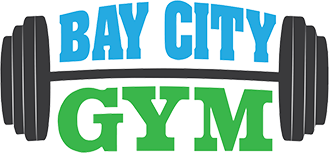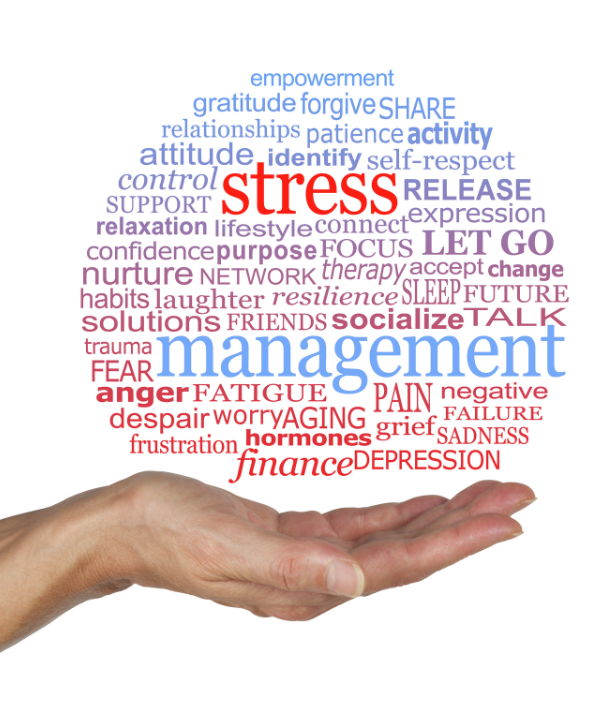Article by – Chrissy Newall, Owner and Group Fitness Coach
In the fast-paced rhythm of modern life, stress has become an inevitable companion for many. From demanding work deadlines to personal responsibilities and societal pressures, our daily lives often teeter on the edge of stress overload. Amidst this whirlwind, exercise emerges as not just a physical activity but a crucial tool for managing stress and promoting overall well-being. Understanding how everyday stress and exercise recovery intersect can provide valuable insights into cultivating a healthier lifestyle.
Everyday Stress: A Constant Challenge
Everyday stress manifests in various forms, ranging from psychological pressures to physiological responses within the body. When faced with stressors, whether it’s a looming project deadline or a challenging personal relationship, our bodies react by triggering the release of stress hormones like cortisol and adrenaline. These hormones prepare us for a ‘fight or flight’ response, heightening alertness and temporarily boosting energy levels.
However, prolonged exposure to stress without adequate recovery can lead to detrimental effects on both physical and mental health. Chronic stress has been linked to increased risk of cardiovascular diseases, weakened immune function, and mental health disorders such as anxiety and depression. The toll of daily stress underscores the importance of adopting strategies that promote resilience and restoration.
Exercise as a Buffer: Harnessing the Power of Physical Activity
Contrary to common perception, exercise doesn’t merely sculpt muscles or enhance cardiovascular fitness—it serves as a potent antidote to everyday stress. Engaging in physical activity triggers a cascade of positive physiological responses that counteract the effects of stress. Here’s how exercise contributes to stress management and recovery:
- Endorphin Release: Exercise stimulates the release of endorphins, often referred to as ‘feel-good’ hormones, which promote a sense of well-being and reduce perception of pain.
- Reduction of Stress Hormones: Physical activity helps regulate cortisol levels, lowering overall stress hormone levels in the body over time.
- Improvement in Sleep Quality: Regular exercise enhances sleep quality, crucial for recovery and mental clarity.
- Enhanced Cognitive Function: Exercise boosts cognitive function and resilience, helping individuals better cope with stressors.
The Crucial Role of Recovery: Balancing Stress with Rest
While exercise offers myriad benefits, its effectiveness hinges on proper recovery. Recovery encompasses more than just physical rest—it involves replenishing energy stores, repairing muscle tissue, and restoring mental focus. Adequate recovery ensures that the body can adapt positively to exercise stress, minimizing the risk of overtraining and burnout.
Effective recovery strategies include:
- Nutrition: Consuming nutrient-rich foods that support muscle repair and replenish energy stores.
- Hydration: Maintaining proper hydration levels to aid in muscle function and metabolic processes.
- Rest and Sleep: Allowing sufficient time for restorative sleep, crucial for physical and mental recovery.
- Mindfulness and Relaxation Techniques: Incorporating practices such as meditation or yoga to promote mental relaxation and reduce stress levels.
Striking a Balance: Integrating Exercise and Recovery into Daily Life
Achieving a harmonious balance between everyday stress and exercise recovery requires intentional effort and self-awareness. By prioritizing regular physical activity and adopting mindful recovery practices, individuals can mitigate the negative impacts of stress while maximizing the benefits of exercise. Whether it’s a brisk walk during lunch break or a yoga session after work, finding moments to move and unwind can significantly enhance overall well-being.
In conclusion, recognising the dynamic interplay between everyday stress and exercise recovery illuminates’ pathways toward a healthier, more resilient lifestyle. By nurturing the body and mind through regular physical activity and thoughtful recovery strategies, individuals can empower themselves to navigate life’s challenges with vigour and grace.


